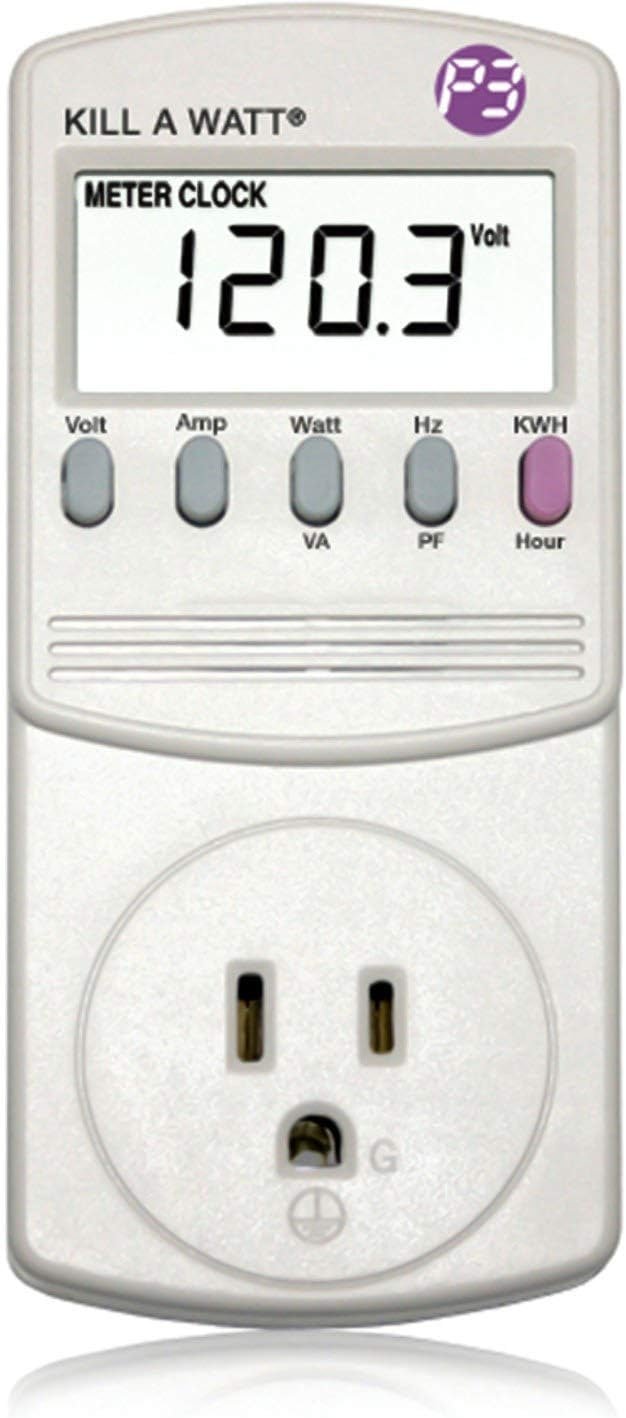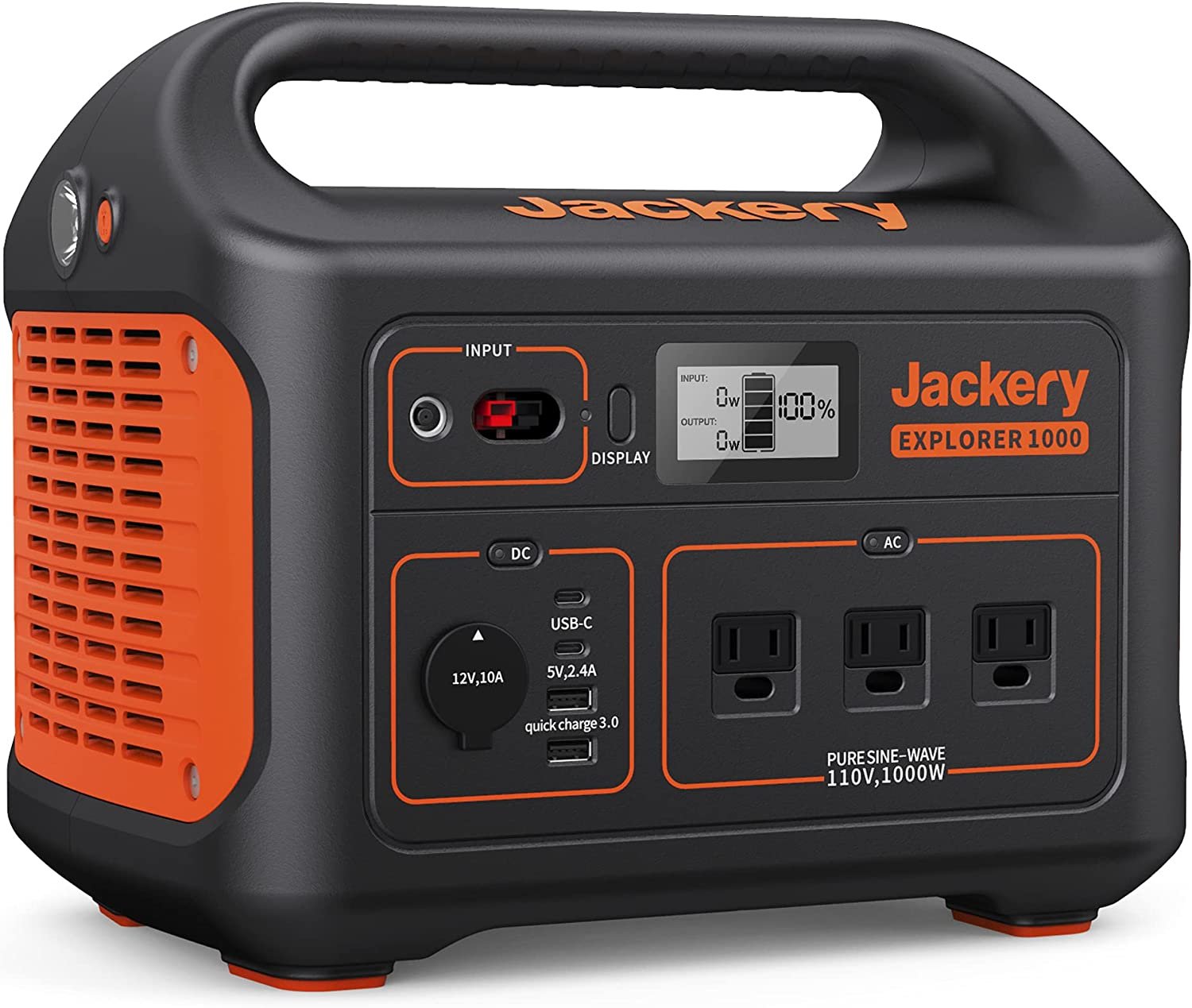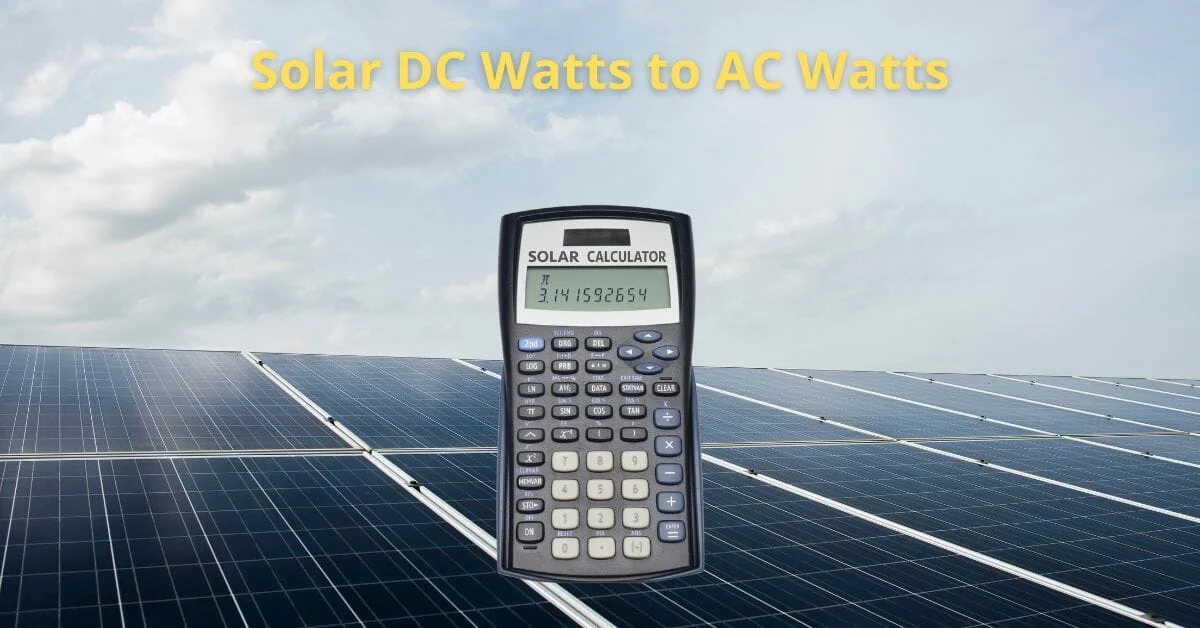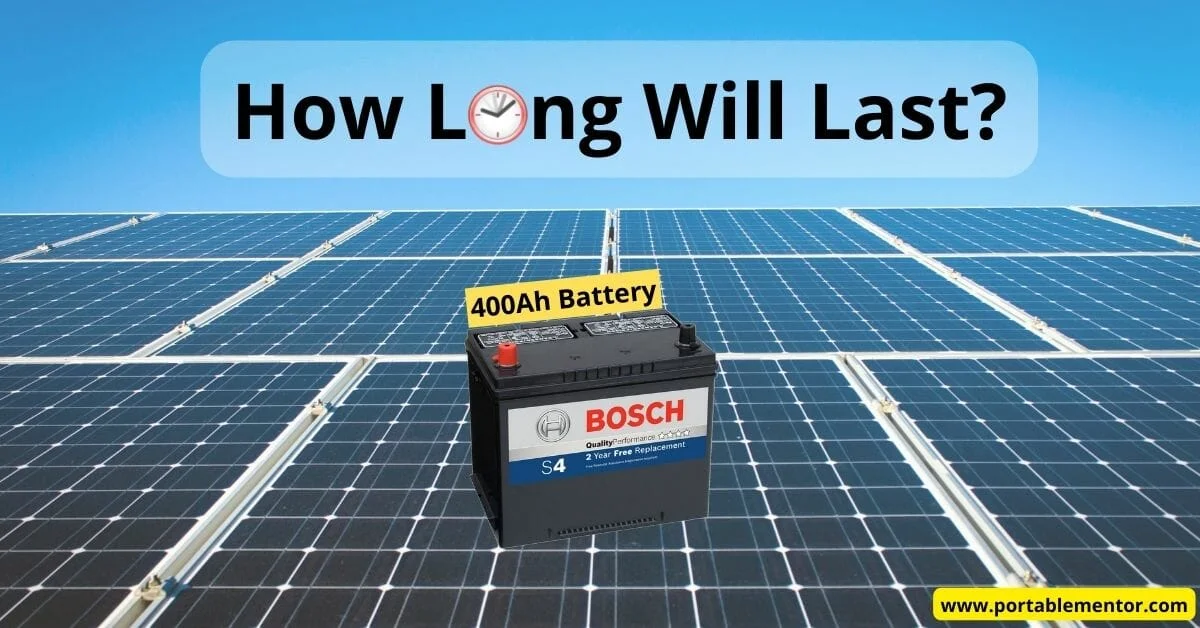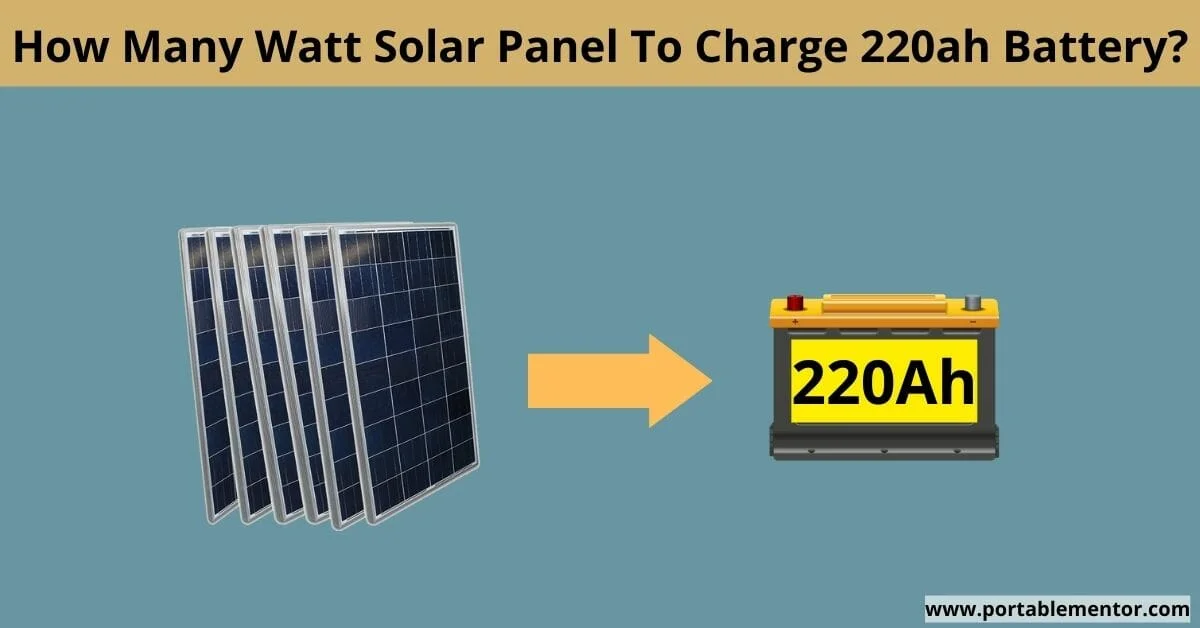When it comes to powering your appliances with solar panels, choosing the right inverter is just as important as selecting the right solar panel.
By following the guidelines in this article, you can choose an inverter that is compatible with your 200W solar panel and meets your energy needs.
What size inverter for 200 watt solar panel?
For a 200W solar panel system, you need anywhere between 300-1000 watt inverter to run AC appliances. However, the exact size of the inverter you need depends on the specific appliances you plan to use.
At the end of this, I'll also share some of my favorite inverters and an alternate option.
Best inverter options for a 200W solar panel
Here's a list of different size inverters which will be suitable with 200 watt solar power system.

Samlex 12v 300 watt Pure Sine Wave Inverter
- 12v DC input voltage
- 500 watt surge wattage

500 Watt Pure Sine Wave Power Inverter
- 12v DC input voltage
- Can also be attached with 12v car socket

Renogy 1000 Watt Pure Sine Wave Inverter
- 12V input voltage, 1000W continuous power, 2000W peak surge during load start-up
- LED indicators for under-voltage and over-voltage protection.
Calculation of inverter size for a 200W solar panel
To determine the appropriate size of inverter for your 200W solar power system, follow these 2 steps.
Calculate the total power consumption of your appliances
The power consumption of each appliance can be found on the label or in the user manual. This value is measured in watts and is an indication of the maximum power that the appliance can draw at any given time.
To calculate the total power consumption of your home appliances, you need to add up the power consumption of each appliance.
For example, if you have a refrigerator that consumes 100 watts, a television that consumes 50 watts, and a computer that consumes 50 watts, the total power consumption would be 200 watts.
- Monitor your electrical usage by day, week, month, or year
- Large LCD display counts consumption by the kilowatt-hours
Sizing the inverter
Once you have calculated the total power consumption of your home appliances, you should select an inverter with a power rating that is 1.5 times higher than the total power consumption. This is to ensure that the inverter can handle the peak power consumption of your appliances without overloading.
For example, to run the appliances given in the above example you would need a 300 watt inverter.
200 × 1.5 = 300 watt
Inverter buying guide for 200 watt solar panel system
Here are some key points to consider when buying an inverter for your 200 watt solar panel system.
1. Always go for a Pure sine wave inverter
Modified sine wave inverters: They are a cost-effective option but they produce power in a blocky waveform, which can cause some electronic devices to hum or produce a buzz.
Here are some more examples of appliances that are not compatible with a modified sine wave inverter:
- Audio equipment, such as amplifiers and some speakers
- Some types of lighting, such as fluorescent bulbs and dimmable LED lights
- Appliances with digital clocks or timers, such as microwaves and coffee makers
- Some types of motors, such as those in refrigerators and air conditioners
Pure sine wave inverters: They produce a smoother, cleaner waveform that is nearly identical to the power you receive from the grid.
They are a more expensive option, but they are also more efficient and can handle sensitive electronic devices like laptops and medical equipment. If you have more advanced or sensitive electronics, a pure sine wave inverter is the way to go.
Investing in a pure sine wave inverter is always a wise decision, as it ensures the safety of your appliances in the long run and eliminates the risk of damage.
2. A 85-90% efficient inverter would be enough
Inverter efficiency is the ratio of AC power output to DC power input. The higher the efficiency, the better the inverter is at converting DC power to AC power.
But also the price will go higher too. A 95% efficient inverter will cost you way more than a 90% efficient inverter. So it's not worth spending your money on saving a couple of watts.
3. The input voltage rating of inverter should match the solar panel's output voltage
The voltage rating of an inverter is the maximum DC voltage that it can handle. It is crucial to select an inverter with a voltage rating that is compatible with your solar panel's voltage output.
For a 12v 200W solar panel, you will need an inverter with an input voltage rating of 12 volts.
4. Invest in a good quality wiring
The cheaper or bad quality wires will cause more power loss. So it’s always worth spending the money on high-quality wiring.
Use the below chart to find out the suitable gauge wire size for your inverter.

5. Get a large capacity inverter than what you need
It's both easy and enjoyable to expand your solar power system over time. While a 200W solar system may be sufficient for your current needs, you may want to add more solar panels in the future.
Investing in a larger capacity inverter now can save you the hassle of having to replace it later when you upgrade your system.
6. Additional features to consider
Additional features such as monitoring software, warranties, and surge protection can make a significant difference when selecting an inverter for your 200 watt solar power system.
Alternate For Inverters – Solar Generator
Solar generators are an excellent option if you enjoy RV camping, solo trips, or simply want to avoid getting tangled up in wiring stuff. They come as a complete package with batteries, an inverter, and a charger controller.
Personally, I use a portable solar generator along with Renogy 200W portable solar panels and store the energy produced by the panels in a Jackery Explorer 1000.
- 1002Wh Capacity
- Power Pretty Much Anything: Power 90% of home appliances with 1002Wh (1000W AC output power) and 8 outlets (3*AC outlet, 1*USB-A, 1*USB-A quick charge 3.0, 2*USB-C PD, 1*Car outlet). Ideal for outdoor off-grid activities and home backup power to power refrigerator, TV, mini cooler, electric grill, fan, and more for your outdoor and home needs.
Do You Really Need An Inverter For a 200W Solar Panel System?
If you plan to run AC appliances on your solar panels, then you will definitely need an inverter. However, if you're just using solar energy to charge devices like phones, laptops, TVs, or electric cars, then there's no need for an inverter.
You can charge your DC-powered devices directly from batteries or solar panels. Nonetheless, it's always a good idea to use an inverter to keep your devices safe.
